Lucius Aelius Sejanus: The Rise and Fall of Tiberius' Notorious Praetorian Prefect
Introduction: The Shadow Behind the Throne
Lucius Aelius Sejanus remains one of the most infamous figures of the early Roman Empire, a man whose ambition and cunning allowed him to rise to unprecedented power before his dramatic downfall. As the prefect of the Praetorian Guard under Emperor Tiberius, Sejanus wielded immense influence, shaping imperial politics through manipulation, conspiracy, and ruthless elimination of rivals. His story is a cautionary tale of ambition unchecked by morality and loyalty, ending in betrayal and destruction.
Early Life and Rise to Power
Born around 20 BCE in Volsinii, Etruria, Sejanus came from an equestrian family. His father, Lucius Seius Strabo, was the first commander of the Praetorian Guard under Augustus, a position that likely opened doors for his son. Sejanus joined the military early, displaying both competence and ambition. When his father was appointed governor of Egypt in 15 CE, Sejanus succeeded him as sole prefect of the Praetorian Guard under Tiberius.
The Praetorian Guard, originally a small bodyguard unit for the emperor, became increasingly powerful under Sejanus’ leadership. Recognizing their potential as a political tool, he consolidated the previously dispersed cohorts into a single camp near Rome—the Castra Praetoria. This move not only strengthened the Guard’s efficiency but also centralized its power under Sejanus’ control, making it an instrument of intimidation and enforcement for the imperial regime.
Sejanus and Tiberius: A Dangerous Partnership
Tiberius, who became emperor in 14 CE after Augustus’ death, was a reserved and often paranoid ruler. Unlike his predecessor, he disliked the public duties of the principate, preferring to retreat from Rome. This detachment created a power vacuum that Sejanus skillfully exploited. He positioned himself as Tiberius’ most trusted advisor, isolating the emperor from other influential figures while eliminating potential threats.
Sejanus’ influence over Tiberius grew as he stoked the emperor’s fears of conspiracy. The death of Tiberius’ son, Drusus Julius Caesar, in 23 CE, further deepened the emperor’s dependence on Sejanus. Rumors later emerged that Sejanus had poisoned Drusus, though historical evidence remains inconclusive. Regardless, Drusus’ death removed a significant obstacle to Sejanus' ambitions, as he began positioning himself as Tiberius’ successor.
The Elimination of Rivals: A Reign of Terror
Sejanus' most notorious legacy is his role in the political purges that marked Tiberius’ reign. Using accusations of treason (maiestas), he targeted senators, aristocrats, and even members of the imperial family. Trials became spectacles of fear, with many condemned on flimsy evidence or forced confessions. Among his victims was Agrippina the Elder, granddaughter of Augustus and mother of Caligula, whom Sejanus saw as a threat due to her popularity and lineage.
The trials served multiple purposes: they secured Sejanus’ dominance by removing rivals, enriched the treasury through confiscated estates, and reinforced Tiberius’ growing paranoia. The Senate, cowed into submission, became an instrument of Sejanus’ will. His power reached its zenith in 31 CE when he was named co-consul with Tiberius—an unprecedented honor for an equestrian—and betrothed to Livilla, sister of the late Drusus and a woman with strong ties to the imperial family.
The Beginning of the End: Tiberius’ Mistrust
Despite his apparent invincibility, Sejanus’ downfall was set in motion by his own overreach. His ambition to marry into the imperial family and possibly claim the throne made Tiberius increasingly wary. The emperor, now residing in self-imposed exile on Capri, began receiving warnings about Sejanus from his sister-in-law, Antonia Minor, and his trusted freedman, Macro.
Tiberius, though cautious, was not blind to Sejanus’ machinations. In a masterstroke of deception, he lulled Sejanus into a false sense of security, even hinting at granting him greater honors. Meanwhile, he secretly prepared for the prefect’s downfall, transferring some of the Praetorian Guard’s loyalty to Macro.
The Dramatic Fall of Sejanus
On October 18, 31 CE, the Senate convened under the pretense of granting Sejanus additional powers. Instead, they were presented with a letter from Tiberius denouncing his former favorite as a traitor. Macro, now in command of the Guard, arrested Sejanus on the spot. The public reaction was swift and brutal. The man who had ruled Rome through fear was now subject to its wrath—dragged through the streets, lynched by the mob, and his body thrown into the Tiber.
The aftermath was a bloodbath. Sejanus’ family and supporters were executed, including his young children. His name was erased from monuments, a damnatio memoriae ensuring his disgrace would be remembered for centuries.
The Aftermath of Sejanus' Downfall: A Reign of Paranoia
The execution of Sejanus did not bring stability to Rome—instead, it deepened Tiberius’ paranoia. The emperor, already distrustful of the Senate and the aristocracy, now saw conspiracies everywhere. The trials and purges that had defined Sejanus’ rise continued, but without his guiding hand, they became even more indiscriminate. Tiberius relied heavily on informers (delatores) to root out perceived enemies, leading to a climate of fear where accusations alone could doom entire families.
Sejanus' elimination also left a power vacuum. Macro, his successor as Praetorian prefect, wielded significant influence but lacked Sejanus’ political cunning. Meanwhile, the surviving members of the imperial family, particularly Agrippina the Elder’s children, faced renewed persecution. Tiberius' suspicion of them as potential rivals only intensified, leading to their imprisonment or exile. The once-proud Julio-Claudian dynasty was fracturing under the weight of mistrust.
The Role of the Praetorian Guard in Imperial Politics
Sejanus’ impact on the Praetorian Guard was lasting. Before his time, the Guard had been a relatively passive military unit, but under his leadership, it became a dominant political force. His consolidation of the Guard into a single camp permanently altered its role in Roman governance. Future emperors would recognize the Praetorians as kingmakers—capable of both protecting and overthrowing rulers.
The Guard’s loyalty was no longer guaranteed by tradition but had to be bought with privileges, bonuses, and political concessions. This shift set a dangerous precedent; later emperors, such as Caligula and Nero, would face revolts instigated by discontented Praetorians. The Guard’s involvement in imperial succession became so normalized that assassination plots often originated within its ranks.
The Psychological Profile of Sejanus: Ambition Without Limits
What drove Sejanus to such extremes of treachery? Ancient historians like Tacitus and Cassius Dio depict him as a man consumed by ambition, willing to betray anyone to secure power. Unlike earlier Roman statesmen, who sought glory through public service or military conquest, Sejanus pursued influence through subterfuge and manipulation. His rise reflected the darker side of imperial politics, where loyalty was transactional and morality was secondary to survival.
Yet, some historians argue that Sejanus may have been unfairly scapegoated. Tiberius, who had allowed—and even encouraged—his prefect’s actions, later used him as a convenient villain to explain the bloodshed of his reign. The truth likely lies somewhere in between: Sejanus was undoubtedly ruthless, but he also operated within a system already poisoned by suspicion and ambition.
Sejanus and the Women of the Imperial Court
One often overlooked aspect of Sejanus’ rise was his relationship with influential women in Tiberius’ circle. The most notable was Livilla, Drusus’ widow and sister of the future emperor Claudius. Rumors persist that she conspired with Sejanus to poison her husband, clearing the path for their alliance. If true, this would mark one of the earliest instances of a Roman noblewoman engaging in political murder—a chilling foreshadowing of later imperial intrigues.
Similarly, Antonia Minor, mother of the future emperor Claudius, played a crucial role in Sejanus’ downfall. Recognizing his threat, she reportedly sent a trusted servant to warn Tiberius on Capri. This intervention highlights the often-hidden but powerful influence of imperial women, who could shape events from behind the scenes.
The Legacy of Fear: Sejanus’ Impact on Tiberius’ Later Years
Even after Sejanus' death, his specter haunted Tiberius’ reign. The emperor withdrew further from Rome, ruling through letters and proxies from his island retreat on Capri. The later years of his rule were marked by near-tyranny, with executions becoming so frequent that senators attended meetings under fear of sudden arrest. Tiberius’ isolation and paranoia only worsened, leading some to speculate that he regretted allowing Sejanus’ rise in the first place.
Sejanus’ downfall also destabilized the imperial succession. With Tiberius’ biological heirs dead or disgraced, the aging emperor was forced to consider alternative successors, ultimately favoring his young grandnephew, Caligula. The chaotic transition after Tiberius’ death in 37 CE demonstrated how deeply Sejanus’ machinations had disrupted the dynasty’s stability.
The Historiography of Sejanus: Victim or Villain?
Ancient historians, particularly Tacitus and Suetonius, portray Sejanus as a power-hungry schemer whose treachery knew no bounds. Yet modern scholars debate whether this depiction is entirely fair. The senatorial class, whose members suffered greatly under Tiberius’ reign, had every reason to vilify Sejanus as the architect of their woes. Meanwhile, Tiberius, who outlived his disgraced prefect, ensured that official records cast Sejanus as the sole instigator of the terror.
Some historians suggest that Sejanus may have initially acted with Tiberius’ tacit approval, only to later take the blame when the emperor sought to distance himself from the brutality of his regime. This interpretation paints a more complex picture of Sejanus—not merely as a villain, but as a product of a system that rewarded ruthlessness and punished failure mercilessly.
Regardless of the interpretation, Sejanus remains a defining figure of the early empire, illustrating how easily absolute power could corrupt even the most cunning of men.
The Final Years of Tiberius and the Legacy of Sejanus
In the years following Sejanus' execution, Tiberius' reign continued to be marked by suspicion and repression. The emperor, now in his seventies, became increasingly reclusive, ruling from his villa on Capri. His paranoia grew to such an extent that he reportedly had his own servants executed on mere suspicion of disloyalty. The political climate in Rome remained tense, with the Senate and the aristocracy living in constant fear of accusations and purges. The once-great city had become a place where trust was a rare commodity, and survival depended on one's ability to navigate the treacherous waters of imperial politics.
Despite his advanced age, Tiberius showed no signs of relinquishing power. He continued to govern through a network of trusted officials, though none ever achieved the same level of influence as Sejanus. The emperor's distrust of potential successors was evident in his treatment of his grandnephew, Caligula. Though Tiberius eventually named Caligula as his heir, he kept him under close watch, wary of any signs of ambition. This atmosphere of suspicion would have lasting consequences for the Roman Empire, setting a precedent for future emperors who would rule with an iron fist.
Caligula's Rise and the Shadow of Sejanus
When Tiberius died in 37 CE, Caligula ascended to the throne, marking the beginning of a new era. However, the specter of Sejanus loomed large over the early days of his reign. Caligula, who had witnessed firsthand the purges and betrayals of Tiberius' rule, was determined to avoid the same fate. He moved quickly to consolidate power, executing potential rivals and rewarding those who had supported his rise. Yet, his reign would soon spiral into tyranny, demonstrating how the lessons of Sejanus' era had been forgotten.
Caligula's erratic behavior and brutal rule shocked even the jaded citizens of Rome. His excesses, including his self-deification and the execution of senators on whims, made Tiberius' reign seem almost moderate by comparison. Some historians argue that Caligula's paranoia and cruelty were exacerbated by the trauma of growing up in the shadow of Sejanus' conspiracies. The young emperor had seen how easily power could be seized and how quickly allies could become enemies. His reign, though short, would leave an indelible mark on the empire, further eroding the already fragile trust between the emperor and the Senate.
The Long-Term Impact of Sejanus on Roman Politics
Sejanus' influence extended far beyond his lifetime, shaping the political landscape of Rome for decades. His rise and fall demonstrated the dangers of concentrating too much power in the hands of a single individual, particularly one outside the traditional aristocracy. The Praetorian Guard, which he had transformed into a political force, would continue to play a pivotal role in imperial succession, often acting as kingmakers. The Guard's involvement in politics became so normalized that future emperors had to constantly court their favor to maintain power.
Moreover, Sejanus' methods of governance—using fear, manipulation, and purges to maintain control—became a template for future rulers. Emperors like Nero and Domitian would employ similar tactics, leading to periods of intense repression. The Senate, once a respected institution, was reduced to a rubber stamp, its members too afraid to challenge the emperor's will. The erosion of republican values, which had begun under Augustus, accelerated under Tiberius and Sejanus, paving the way for the autocratic rule of later emperors.
Sejanus in Popular Culture and Historical Memory
Sejanus' story has captured the imagination of writers and historians for centuries. His life has been the subject of numerous plays, novels, and films, often portrayed as a cautionary tale of ambition and betrayal. The 17th-century playwright Ben Jonson wrote a tragedy titled *Sejanus His Fall*, which dramatizes his rise and downfall. In modern times, he has appeared in historical fiction and television series, often as a scheming villain who embodies the corruption of power.
Historians continue to debate Sejanus' true motives and legacy. Some view him as a ruthless opportunist who exploited Tiberius' paranoia for personal gain. Others argue that he was a product of a broken system, one that rewarded treachery and punished loyalty. Regardless of the interpretation, Sejanus remains a fascinating figure—a man who came closer to the throne than any non-imperial Roman and whose actions reshaped the course of history.
Conclusion: The Enduring Lessons of Sejanus' Rise and Fall
The story of Sejanus is more than just a tale of ambition and betrayal—it is a reflection of the dangers of unchecked power and the fragility of political systems. His rise to prominence under Tiberius revealed the vulnerabilities of the early Roman Empire, where loyalty was fleeting and survival depended on one's ability to navigate a web of intrigue. His downfall, swift and brutal, demonstrated the precariousness of power built on fear and manipulation.
Sejanus' legacy serves as a warning to future generations about the perils of absolute power and the corrosive effects of paranoia. His life reminds us that even the mightiest can fall when they overreach, and that the pursuit of power at any cost often leads to destruction. In the end, Sejanus' story is not just a chapter in Roman history—it is a timeless lesson about the nature of ambition, loyalty, and the price of power.
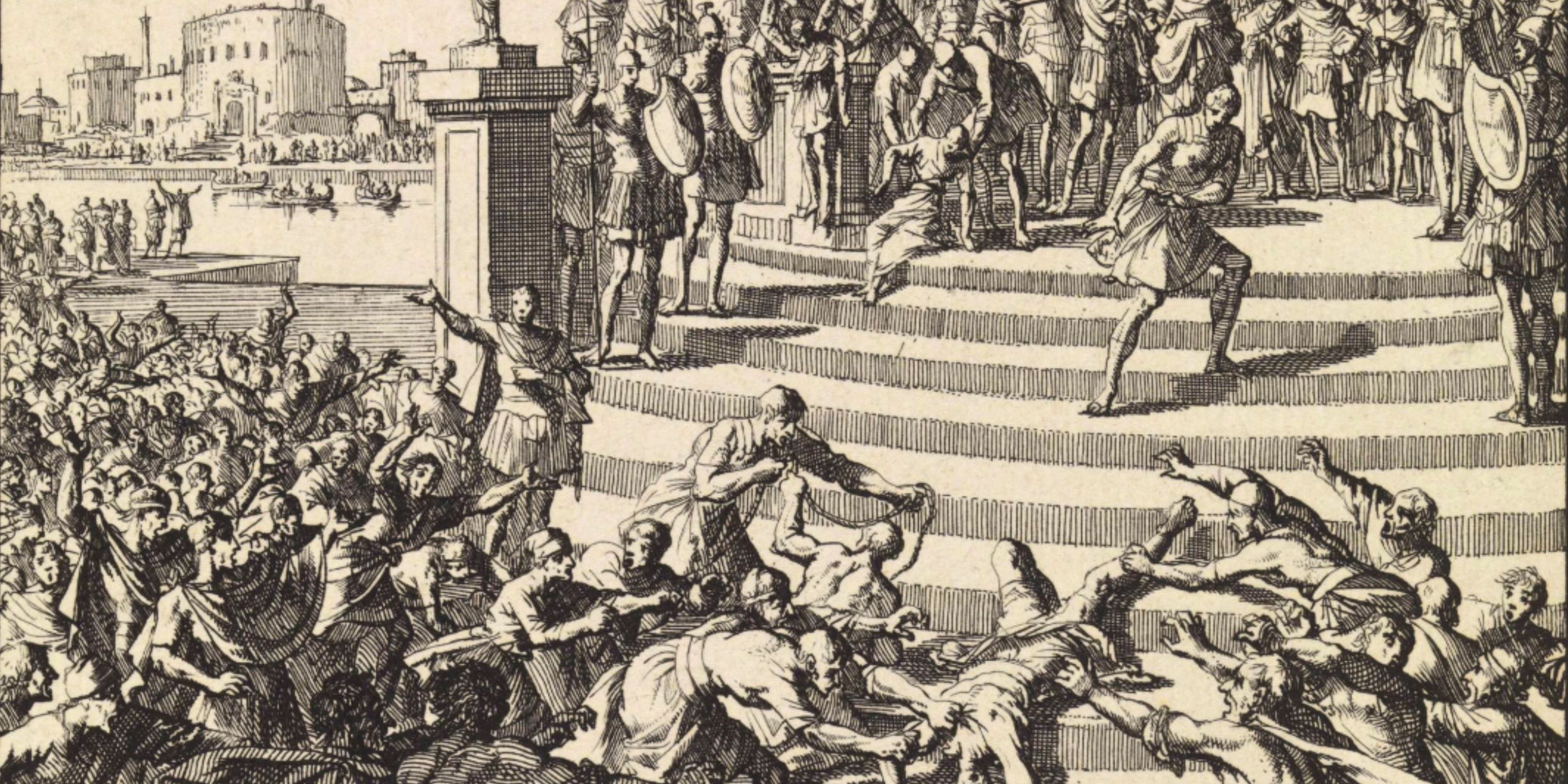







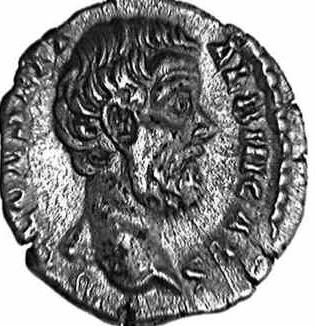

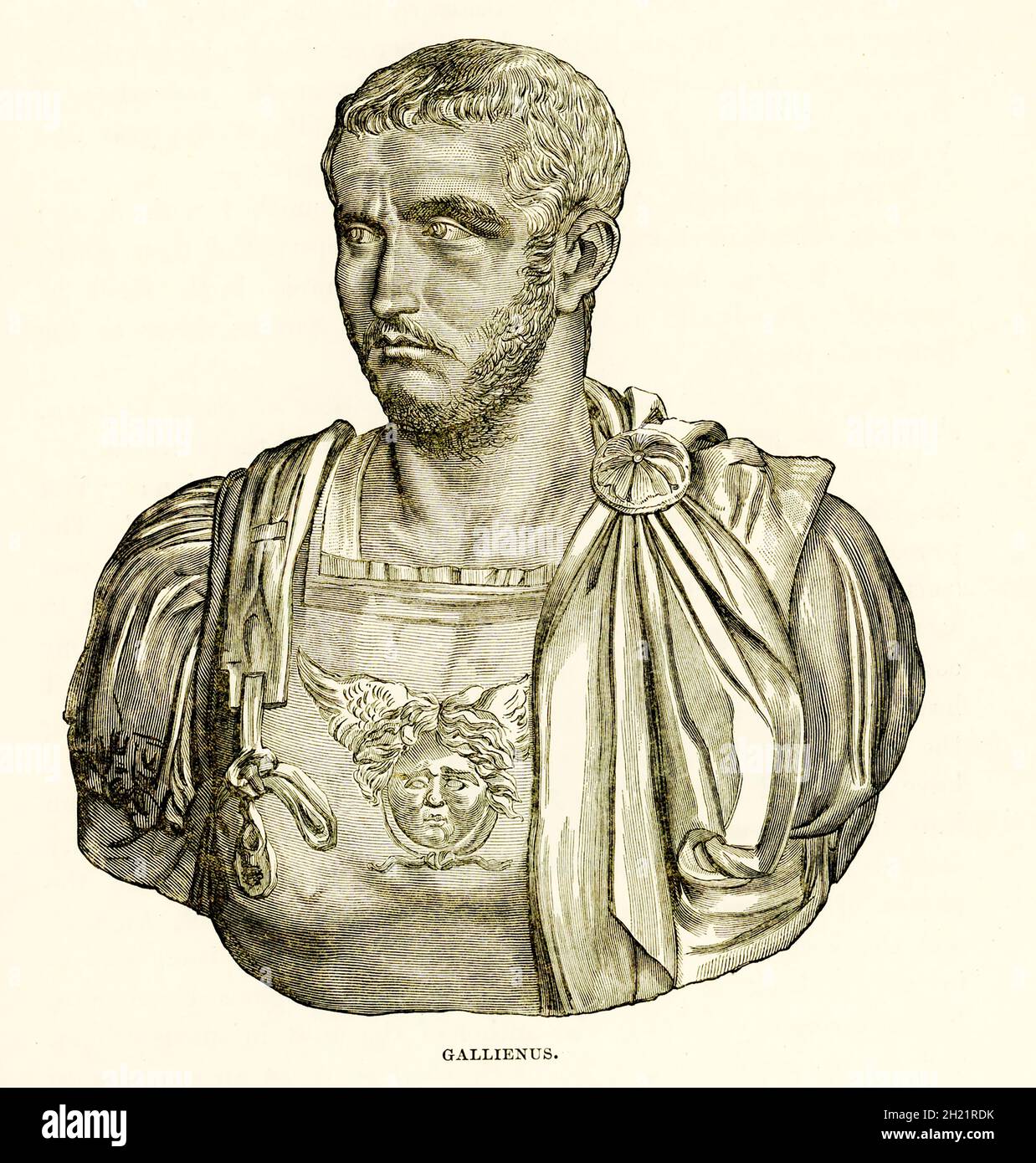




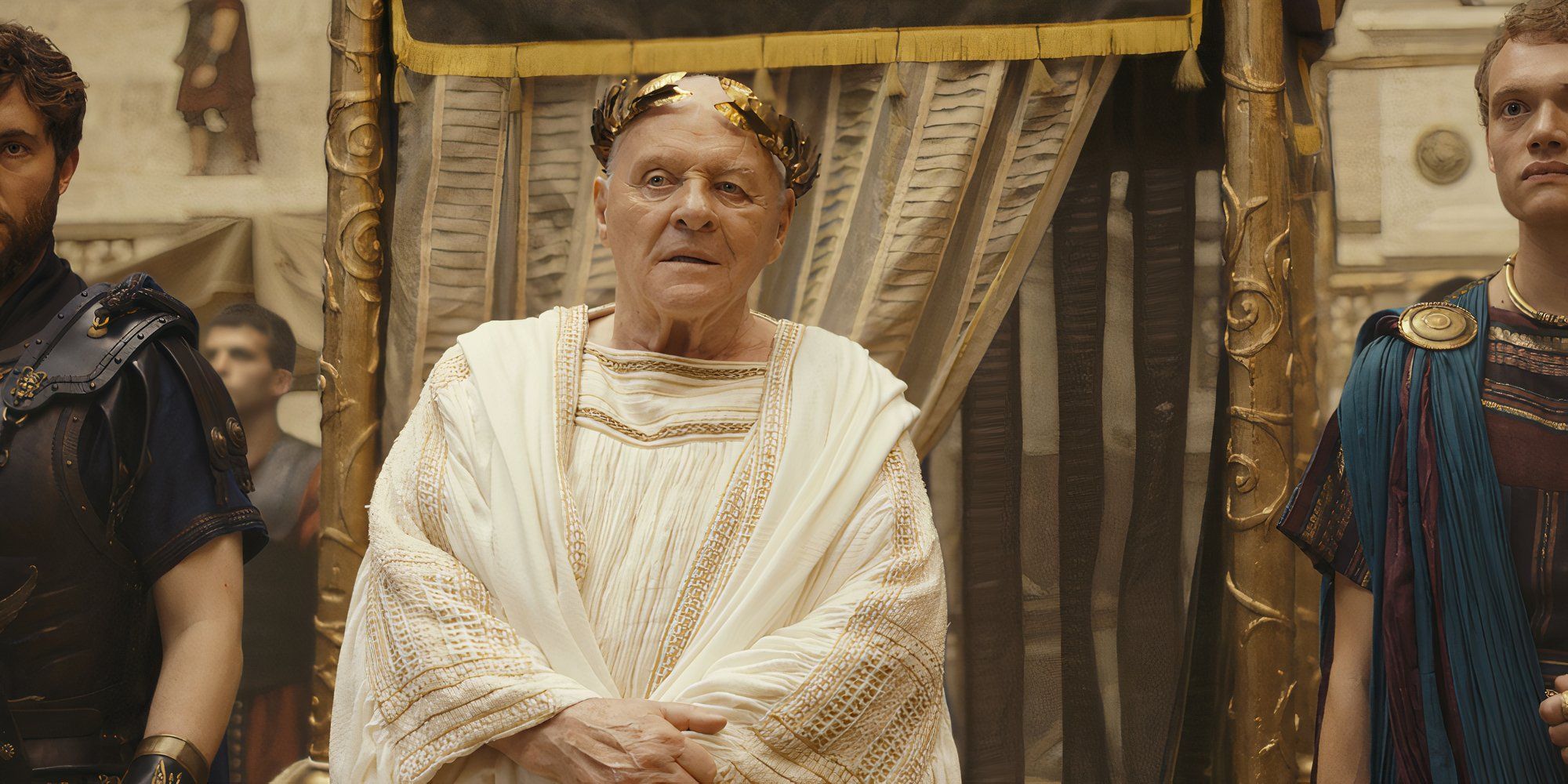

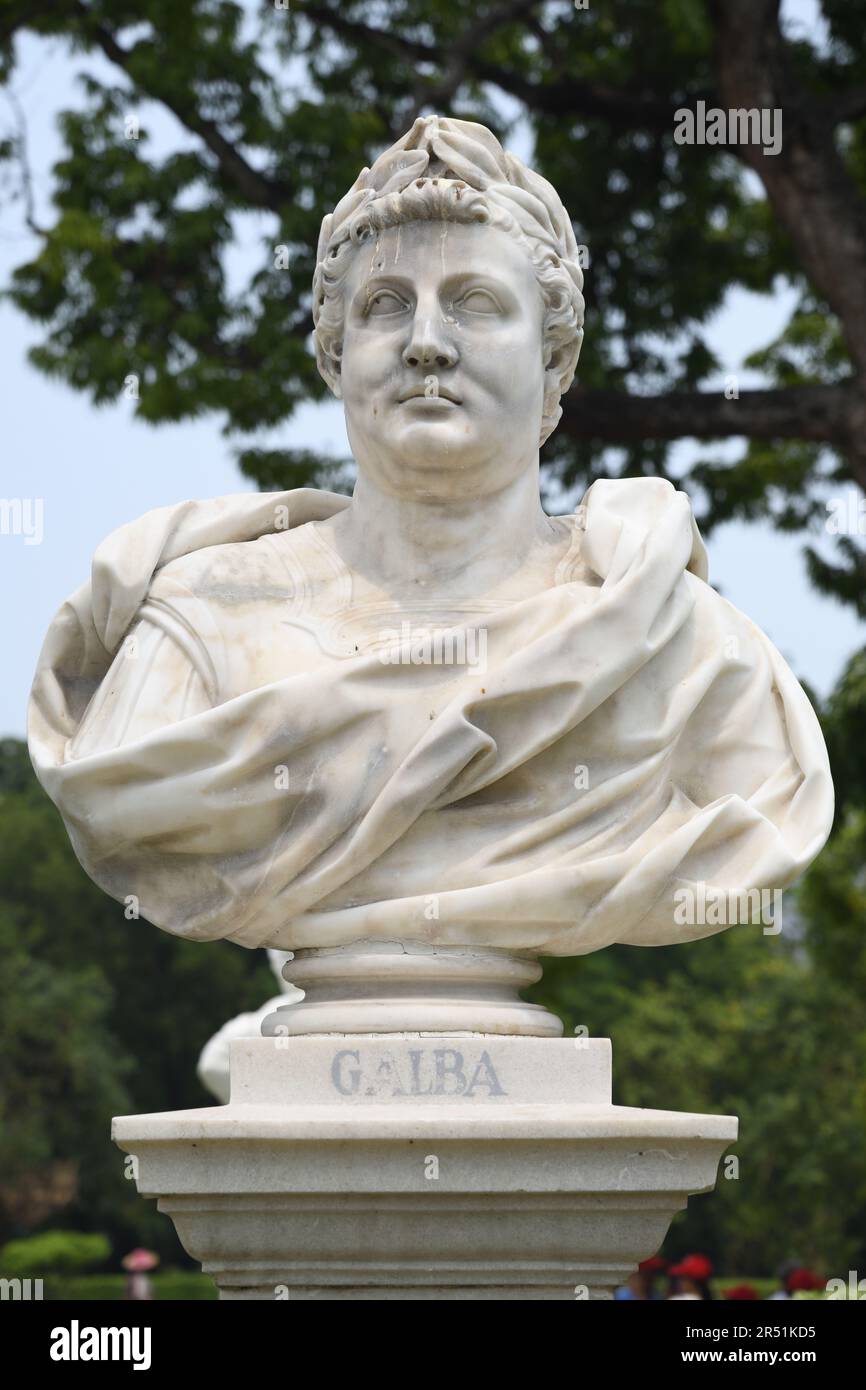


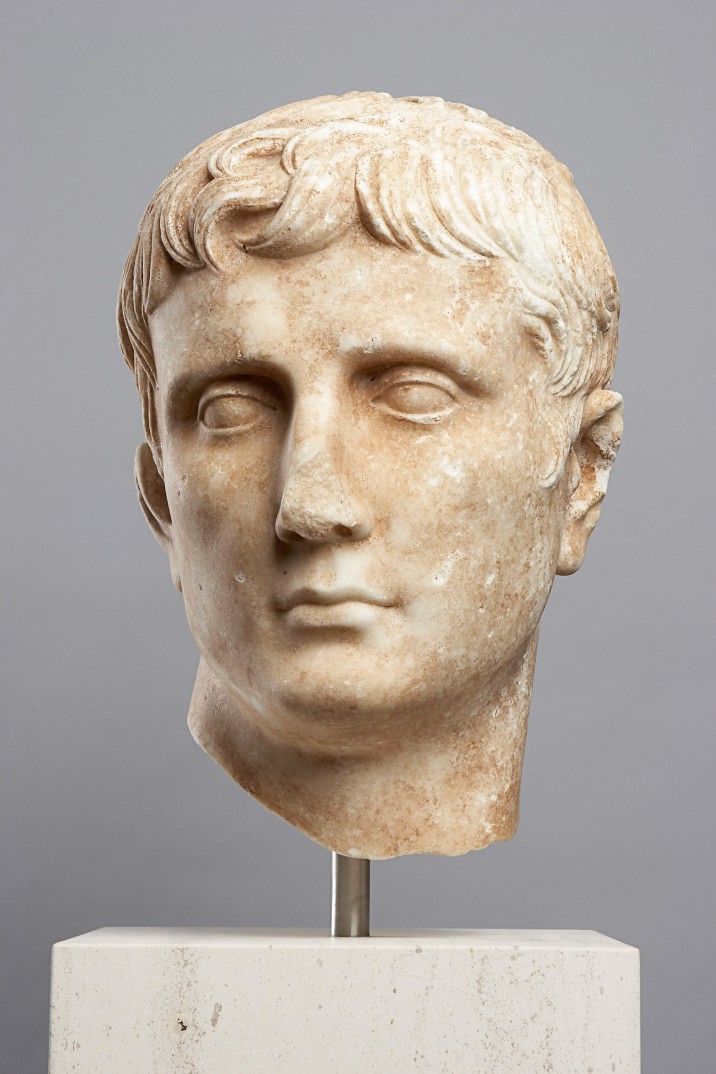

Comments